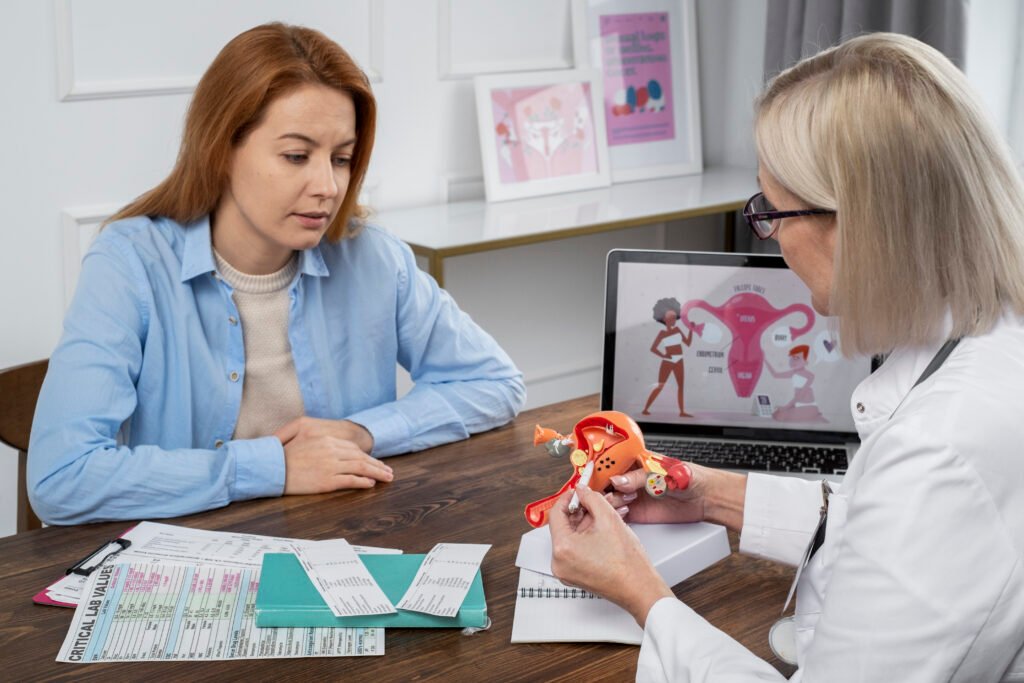PCOS Symptoms and Treatment
Polycystic Ovary Syndrome (PCOS) is a common condition affecting millions of women worldwide. While the symptoms can vary, they often disrupt daily life and impact overall health. If you or someone you know is struggling with PCOS symptoms, you’re not alone, and understanding the symptoms and treatments available is the first step toward managing it effectively.
What is PCOS?
PCOS, or Polycystic Ovary Syndrome, is a hormonal disorder that affects women of reproductive age. It is characterized by the presence of multiple small cysts on the ovaries, although not all women with PCOS will have these cysts. The exact cause of PCOS is still unknown, but it’s believed to be related to genetic, environmental, and lifestyle factors.
What Are the Symptoms of PCOS in Females?
The PCOS symptoms can vary significantly from one woman to another, but common signs include:
- Irregular periods: Many women with PCOS experience infrequent or prolonged menstrual cycles.
- Excess hair growth: This is due to an increase in male hormones (androgens), which can lead to excessive hair growth on the face, chest, and back (a condition known as hirsutism).
- Acne: Hormonal imbalances often lead to breakouts on the face, chest, and upper back.
- Weight gain: Many women with PCOS struggle with weight gain, especially around the abdomen, which can also increase the risk of other health issues like type 2 diabetes.
- Thinning hair: Hair loss or thinning on the scalp is another common symptom.
- Difficulty getting pregnant: PCOS can cause problems with ovulation, making it harder for women to conceive.
- Mood swings and depression: Hormonal imbalances can also affect mental health, leading to mood swings, anxiety, or depression.
Diagnostic Criteria for PCOS
Doctors typically use the Rotterdam Criteria to diagnose PCOS. For a diagnosis, a woman must meet at least two of the following three conditions:
- Irregular ovulation or anovulation (infrequent or absent periods)
- Excess androgen levels (elevated male hormones causing symptoms like hirsutism or acne)
- Polycystic ovaries (seen through an ultrasound)
A doctor will also rule out other conditions that could cause similar symptoms, such as thyroid issues or adrenal disorders.
How Do You Get Diagnosed with PCOS?
The diagnostic process for PCOS involves a combination of medical history, physical exams, and tests. If you suspect you have PCOS, your doctor will start by discussing your symptoms and menstrual history. They may also perform a pelvic exam to check for any abnormalities.

PCOS Diagnosis Tests
Some tests your doctor may order include:
- Blood tests to measure hormone levels, including androgens, insulin, and thyroid hormones.
- Pelvic ultrasound to check for cysts on the ovaries or to evaluate the thickness of the uterine lining.
- Glucose tolerance test to see how your body processes sugar, since PCOS Symptoms is often associated with insulin resistance.
Can PCOS Be Cured?
While PCOS cannot be “cured” in the traditional sense, its symptoms can be managed with the right treatments and lifestyle changes. Early diagnosis and intervention are crucial in preventing complications like infertility, heart disease, and diabetes.
How to Cure PCOS Permanently
Although there is no permanent cure for PCOS, there are many ways to manage the symptoms and lead a healthy, fulfilling life. Treatment often involves a combination of lifestyle changes and medical interventions:
- Diet and exercise: Maintaining a healthy weight can significantly improve symptoms. A balanced diet, regular physical activity, and weight management are key components of controlling PCOS Symptoms
- Medications: Your doctor may prescribe birth control pills to regulate periods, anti-androgens to reduce excess hair, or medications like Metformin to help with insulin resistance.
- Fertility treatments: If you’re struggling with infertility, medications such as Clomiphene or procedures like in vitro fertilization (IVF) may help.
Kairos Health and Wellness: Your Partner in PCOS Care
At Kairos Health and Wellness, we understand that PCOS is a complex condition that affects each woman differently. That’s why we take a personalized, integrative approach to treatment, combining functional medicine with holistic care to help you regain balance and feel your best. We’ll work closely with you to develop a plan that addresses the root causes of your symptoms, not just the symptoms themselves.
Whether you’re struggling with irregular periods, weight gain, or fertility challenges, our team is here to support you every step of the way. By focusing on lifestyle changes, natural therapies, and addressing hormonal imbalances, we aim to empower you to take control of your health and live a life free from the PCOS Symptoms
Take the First Step Today
If you’re ready to manage your PCOS holistically and reclaim your well-being, contact Kairos Health and Wellness. Together, we can create a treatment plan that works for you.


